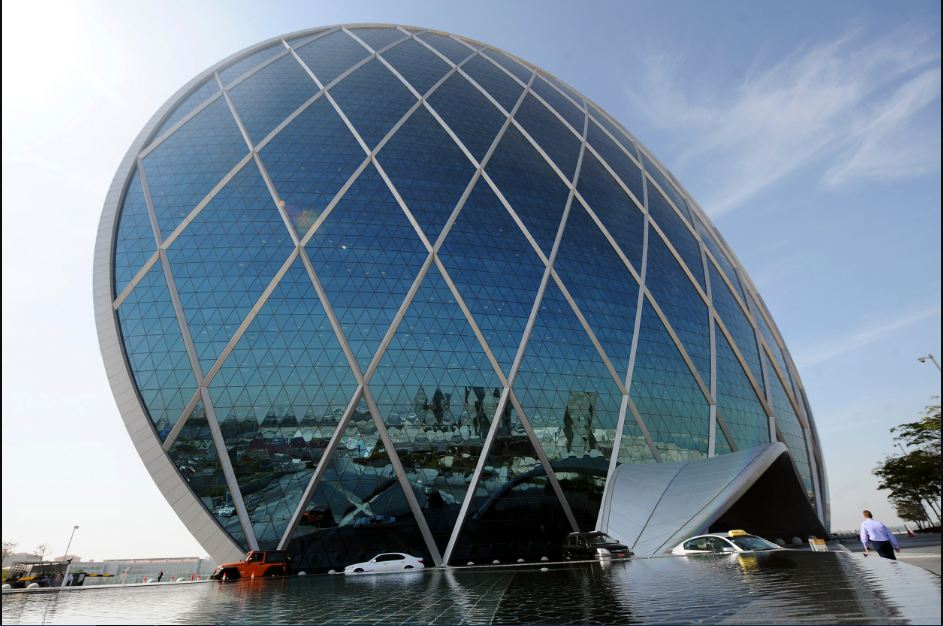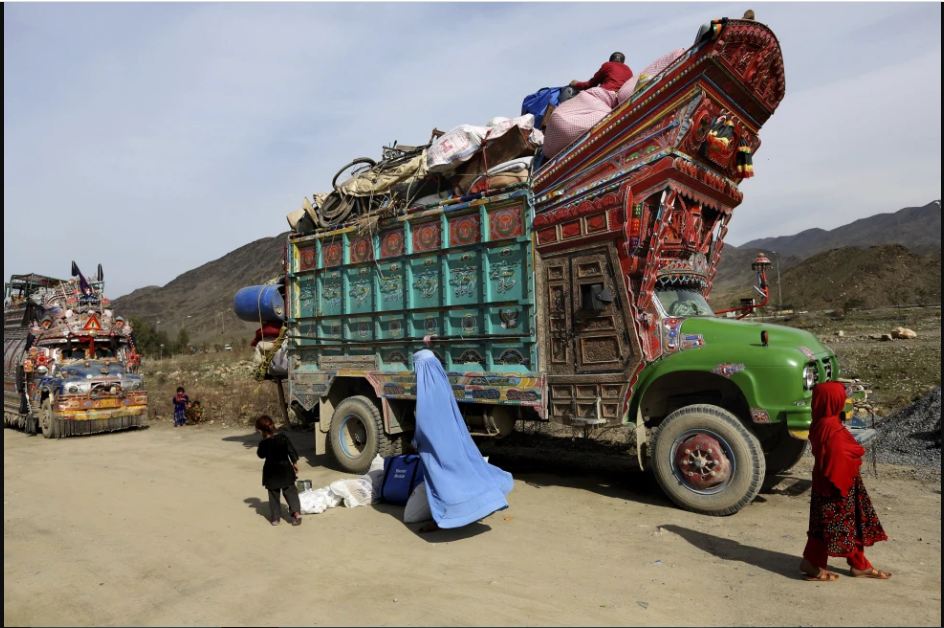UAE Launches $1 Billion Initiative to Strengthen AI Development Across Africa
A major UAE-backed initiative aims to accelerate artificial intelligence infrastructure and expand AI-powered services across African nations, focusing on long-term development and responsible innovation.
The United Arab Emirates has announced a $1 billion investment aimed at expanding AI infrastructure and AI-enabled services across Africa, marking one of the region’s most ambitious technology development commitments to date.
The initiative was revealed during the G20 leaders’ summit in Johannesburg, highlighting the UAE’s growing role in global technology partnerships.
The announcement introduced the “AI for Development Initiative,” which seeks to support African nations in integrating advanced technologies into national development strategies.
The program will focus on key sectors including education, healthcare, climate adaptation, and digital governance.
UAE Minister of State Saeed Bin Mubarak Al Hajeri said the initiative reflects the country’s belief that artificial intelligence is central to shaping the future of global progress.
He emphasized that the UAE views AI not only as an emerging industry but as a foundational tool for innovation and economic advancement.
In his remarks, the minister highlighted the UAE’s ongoing commitment to scaling AI responsibly and inclusively.
He stated that the initiative aims to create technology that benefits all people while ensuring AI systems are developed ethically and with long-term sustainability in mind.
The investment comes at a time when African nations are increasingly adopting digital solutions to address development challenges.
From smart agriculture to telemedicine and renewable energy forecasting, AI-driven technologies are becoming essential tools across the continent.
The UAE remains one of Africa’s largest economic partners, with growing trade and investment ties shaped by strategic collaborations.
In 2024, bilateral trade between the UAE and African countries reached around $107 billion, reflecting a 28% increase from the previous year.
Between 2020 and 2024, the UAE’s total investment in Africa exceeded $118 billion, underscoring its long-term interest in supporting infrastructure, logistics, renewable energy, and digital transformation.
The new AI initiative builds on this foundation, expanding the partnership into high-technology sectors.
Abu Dhabi has also been rapidly strengthening its own artificial intelligence ecosystem.
The country is investing in major data-centre hubs and advanced AI labs, often in collaboration with leading U.S. technology firms.
These domestic advancements are forming the backbone of the UAE’s outward-facing AI strategy, enabling it to support international partners with technology, expertise, and infrastructure.
The Africa-focused initiative reflects this outward vision, aligning technological growth with global development priorities.
While the UAE is not a member of the G20, it was invited to the Johannesburg summit by South African President Cyril Ramaphosa.
This marked the first time the G20 leaders’ gathering has been hosted on the African continent, increasing the prominence of African development issues.
The UAE’s participation signals a growing role in global economic and technological dialogue. Its AI investment aligns with broader international discussions on digital inclusion, innovation financing, and sustainable growth.
African leaders have welcomed increased AI support, viewing innovation as a key driver of future competitiveness.
The initiative is expected to facilitate knowledge sharing, technical training, and local capacity-building across multiple African regions.
Analysts believe the investment will help accelerate digital transformation while strengthening Africa’s position in the global AI landscape.
However, they also note the importance of ensuring that these technologies remain accessible, ethical, and designed to complement national priorities.
The “AI for Development Initiative” is expected to roll out gradually through partnerships with governments, research institutions, and private-sector organizations.
As collaboration expands, the program aims to equip African countries with the tools needed to build resilient, tech-driven economies.



